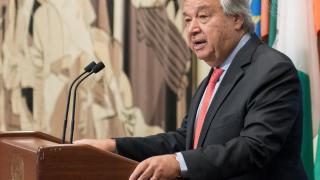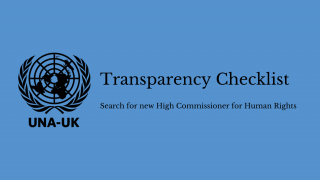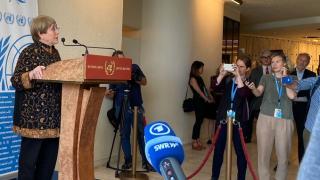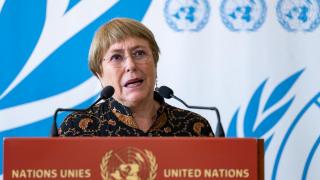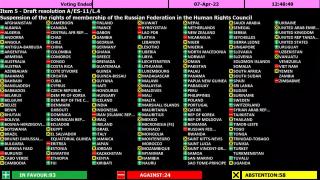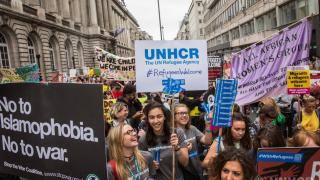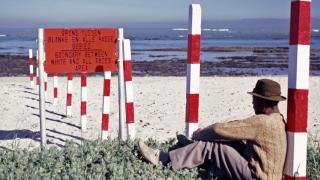
This UN Day, 24 October, UNA-UK are launching the latest issue of the UNA-UK magazine, which looks at race in international affairs.
This is one of the most radical issues we have put together in a while; from development to disarmament, peacekeeping to the press, we shine a spotlight on the role race has played in shaping our unequal international landscape.
But with a worrying resurgence of racist ideologies, Natalie Samarasinghe uses her editorial to make a strong case as to why this is warranted, and to consider the UN's complicated relationship to race and power:
On the one hand, the UN has helped to maintain the “power line”: the structures that underpin racism and other forms of marginalisation ... But the UN has also been subversive.
At its best, the UN can level the playing field between the powerful and the oppressed, both between and within states. It has shown time and again that it can transgress and wear down the colour line.
The place of race in global affairs is then interrogated in seven short perspectives. We have:
- Academic Jayati Ghosh on development
- Academic Dan Plesch on disarmanment
- Academic Pok Yin Stephenson Chow on intersectionality and human rights
- UN Special Rapporteur Ahmed Shaheed on religious discrimination
- Black Lives Matter activist Sarra Tekola on climate change
- UN Special Rapporteur Victoria Tauli‑Corpuz on indigenous rights
- Former Assistant Secretary-General Ramesh Thakur on preventing atrocities and the "responsibility to protect" doctrine
In our essay Rita Izsák-Ndiaye, rapporteur to the UN's Committee on the Elimination of Racial Discrimination, looks at the state of racial discrimination globally; from the rise of populism, to the impact of social media, to the experience of her own Hungarian-Senegalese family in Dakar.
Tom Weiss and Natalie Samarasinghe then explore the global south's role in shaping the UN in our feature. They show how, on the one hand, from development to human rights to the responsibility to protect, some of the most effective elements of the United Nations have a southern origin. However, the benefits of the system have not been equally distributed. When it comes to peacekeeping, for example, it is still the case that "you lead, we bleed". The history of this dynamic is further explored in quote form in our Ten feature.
In our interview, we ask E. Tendayi Achiume (UN Special Rapporteur on contemporary forms of racism, racial discrimination, xenophobia and related intolerance) how the UK measures up in the light of her recent visit and the appalling media coverage it received.
And finally, we allow the much-missed Kofi Annan the Last Word, an edited version of his seminal speech to the 2001 World Conference on Racism in Durban, South Africa. He called for the beneficiaries of the slave trade to pay reparations, he provided moral leadership on the question of Israel and Palestine, and he exhorted us all to rise and join the struggle against discrimination.
Online we have exclusives from Iniyan Ilango on the history of self-determination, Edward Mortimer on Global Britian, and Chagossian activists and support groups on their fight to return home, as well as a range of other articles. In addition, we republish Edward Mortimer's moving obituary of Kofi Annan, Abiodun Williams' review of “The Oxford Handbook on the United Nations”, and a speech on the UN and ultra-nationalism by former senior UN official Kul Gautam.
Photo: Beach near Cape Town, 1982. This literal “colour line” marked the boundary between the white and non-white areas of the beach © UN Photo

